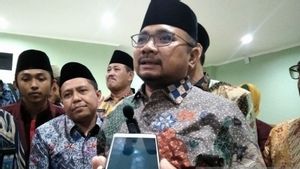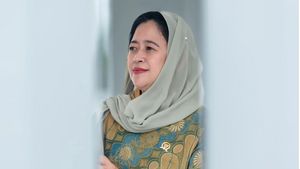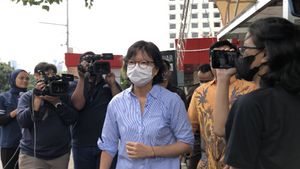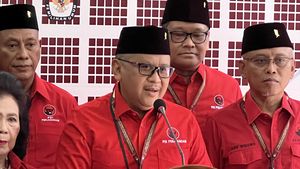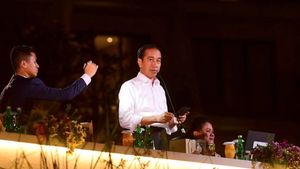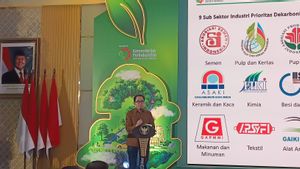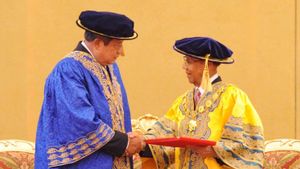YOGYAKARTA - Rector of the Islamic University of Indonesia (UII) Yogyakarta Prof. Fathul Wahid emphasized that political contestation, plurality or pluralism must get a place, not highlighting identity.
"Not highlighting identity, but work programs and ideas, as well as maintaining the spirit of inclusiveness," said Fathul at the launch of The Conversation Indonesia (TCID) Office at the Islamic University of Indonesia (UII), Yogyakarta, reported by ANTARA, Thursday, May 11.
According to Fathul, there is no single definition of translating the term identity politics.
However, in general, he said, identity politics is associated with agendas, actions, political activism which contain members of identity-based groups, organizing, and mobilizing themselves to fight injustice experienced due to hegemonic structures, systems, and practices.
Fathul said literature tracking found that when born in the 1970s in America, identity politics was a movement to fight injustice.
"For example, the struggle of black women in America who were then second-class citizens, under white oppression," he said.
At that time, Fathul continued, identity was based on minority, race, ethnicity, and other social groups that felt marginalized.
Dalam perkembangan selanjutnya, identitas berdasarkan pada agama, kepercayaan, dan ikatan kultural yang beragam.
"What was fought for at that time was equality for all without ignoring the common interests," he said.
Meanwhile, for Fathul, it is questionable whether the practice of identity politics, which in recent years has graced many discussion rooms in the country, ignores common interests or not.
With misinformation and hoaxes, the frame of the harmonization that discredits other groups, according to him, actually keeps away from justice and equality.
"Instead of aiming for justice and equality for the common good, the pendulum bandul will lead to other extremes," he said.
SEE ALSO:
Identity politics based on primordial ties, Fathul said, will easily replace citizen politics, and national insight will be pressed.
He realizes that differences in identity are social facts and is a "sunatullah", however, in interacting it is necessary to wrap up the great values, including equality among the nation's children, regardless of their background.
As a plural nation, Fathul emphasized that since his birth the Indonesian nation has been rich in differences.
Therefore, he hopes not to let the unity of the nation be pawned for the benefit of any group by ignoring the common good as a nation.
"There should be no group of nation's children who feel the most superior and demeaning. Whatever the pretext. All children of the nation must be seen as equal. The betrayal of the value of equality will seed the seeds of dissatisfaction, distrust, and bitter fruit are the divisions of the nation's children," said Fathul.
The English, Chinese, Japanese, Arabic, and French versions are automatically generated by the AI. So there may still be inaccuracies in translating, please always see Indonesian as our main language. (system supported by DigitalSiber.id)



